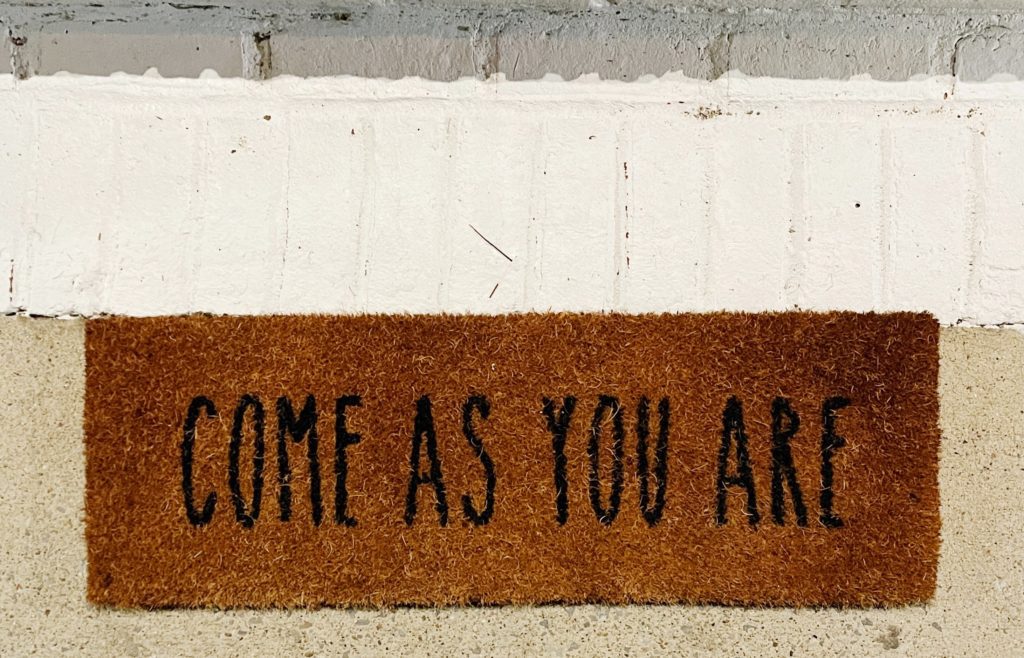
Differences
It is early December, and people are having parties and getting together for the holidays. At age 72, retired, and living with Parkinson’s, I have a holiday every day.
Retirement allows me to be with different groups of people, including those with Parkinson’s (PwP). Regardless of the setting, I have noticed something. Those living with PD, or what I call “the Animal,” are all very accepting of one another. When we gather, no one points out another’s twitch, spasm, stare, or slurred speech. No one seems to notice the slow-moving rhythmic shoulder rotation of dyskinesia or dystonia in the person sitting next to me that would have brought out the wrong kind of staring and whispering twenty years ago.
Everyone’s movement disorders are on display and yet the conversations revolve around Christmas plans, travel, and the typical festive experiences. It occurs to me that a difference between our group and a group of cancer survivors, or a group of amputees, or a group of recovering alcoholics is that, in many cases, they get to move on with their lives while we PwPs are stuck with progression. We will always qualify to be in our group. Parkinson’s never gets better.
Similarities
And, almost always, people are accepting of others. Accepting of everyone! How unique. Counter to the prevailing customs of our day, people gather not according to financial status, or because of their common work lives, or by virtue of their neighborhood, political views, or common interests such as golf. Instead, what unites us in the Parkinson’s community is an illness that no two people experience the same way and one that, over time, makes us noticeably different than we used to be.
Which makes the fact that PwPs are typically gracious and nice even more noteworthy. I’m sure there are horses’ asses with PD and those who don’t get along well with others, but you don’t see it displayed when we are together. Maybe all “illness groups” support each other as much as they can. I sure hope so. But because PD manifests so many ways over a much longer period, there is more time in our community for friendships to develop, and we get to see (and share) the long-term progression of the disease. In fact, there is an aspect of respect among us, knowing that each person’s struggle is unique.
Hospitality
Respect also happens because everyone is a teacher, a knowledge sharer, and a reference for others. I have been doing Parkinson’s boxing exercises regularly now for 6 years. I also try to attend the local support group, and I speak occasionally at various gatherings. And when I am with a group of people living with PD, is always as I’m describing. No one is embarrassed to tell others about their experience. And people are accepting of one another and, I sense, of themselves.
A few weeks ago, at boxing class, the instructor asked, “What is one positive thing PD has done for you?” No one answered. The silence was intense, almost comical. I wanted to say it has taught me how to fight for my life, and that it has put me in a group that accepts me, without qualification. But then I thought that maybe silence was the better answer. With the Animal, actions speak louder than words.
__________
Photo by Jon Tyson on Unsplash
Dan Stultz, M.D., is a retired physician who was diagnosed with Parkinson’s disease 14 years ago at the age of 57. He practiced internal medicine in San Angelo, Texas, for 28 years and became the President/CEO of Shannon Health System. He served as President /CEO of the Texas Hospital Association from 2007-2014 working on medical and health policy. He served as guest faculty at the Texas A&M Medical School in Round Rock and retired in 2016. He and Alice live in Georgetown, Texas.
